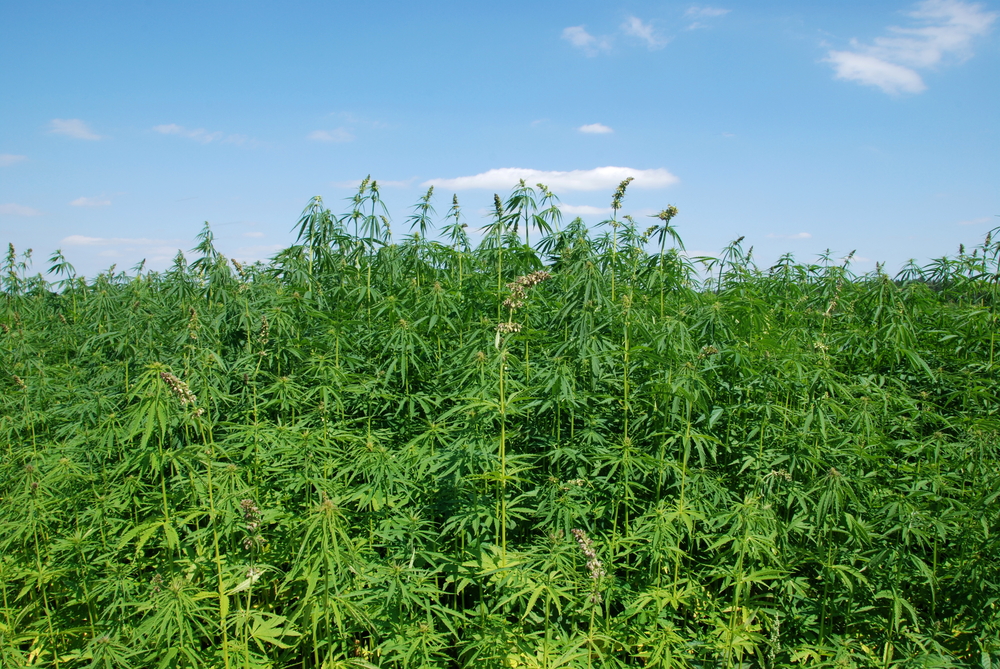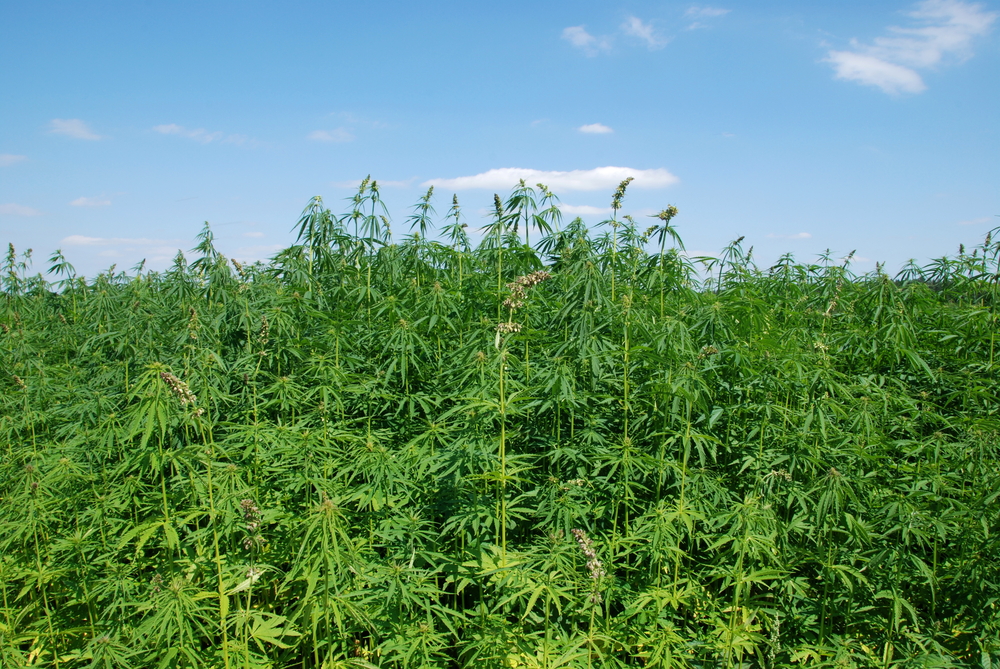
GAINESVILLE, Fla. — Industrial hemp may soon be a financially significant crop in Florida, and an expert with the University of Florida Institute of Food and Agricultural Sciences will discuss some of the challenges and opportunities related to this fledgling industry at the fourth annual Florida Agricultural Policy Outlook Conference in Balm.
The conference happens 9 a.m. to 4 p.m. Tuesday, Feb. 26 at the UF/IFAS Gulf Coast Research and Education Center. For more information about the agenda and registration, visit https://bit.ly/2GhgMaA.
Other topics on the presentation schedule include agricultural trade and trade agreements, potential state and federal legislation relevant to Florida producers, plus the use of unmanned aerial vehicles and robotic harvest technology.
Admission to the event is $50 for the general public and $35 for UF faculty, staff and students, and advance registration is required. The event is expected to sell out, said UF/IFAS economist Alan Hodges, director of the UF/IFAS Economic Impact Analysis Program and leader of the event organizing team.
“Industrial hemp is a unique crop, and I think that’s part of the reason so many people are interested,” said Hodges, also an Extension scientist with the UF/IFAS food and resource economics department in Gainesville.
“The crop itself is easy to cultivate but the path to commercialization may be complicated,” he said.
Industrial hemp is derived from the plant Cannabis sativa but possession of the plant has been widely outlawed in the U.S. since the 1930s, because strains containing large amounts of the chemical tetrahydrocannabinol are used to produce the recreational drug known as marijuana. However, provisions in the 2018 federal Farm Bill have opened the door to legal production of industrial hemp using Cannabis sativa strains that contain only trace amounts of tetrahydrocannabinol.
During the conference’s morning session, agronomist Zachary Brym, an assistant professor with the UF/IFAS Tropical Research and Education Center in Homestead, will provide insight on the potential market for industrial hemp.
The conference will also include one session focused on agricultural trade and trade agreements, another dedicated to proposed state and federal legislation. Expected topics of discussion include the pending U.S.-Mexico-Canada trade agreement that would replace the North American Free Trade Agreement, also known as NAFTA, and how the proposed legislation may affect Florida’s specialty crop industries.
A roundtable discussion is slated for the latter part of afternoon session, and it will include opportunities for audience members to speak. Also, a short question-and-answer session has been scheduled for the end of each conference presentation, Hodges said.
Lisa House, interim chair of the food and resource economics department, noted that the roster of topics demonstrates the UF/IFAS commitment to keeping Florida’s agricultural producers informed about market trends.
“Economics are at the heart of agricultural production worldwide, and so our department is proud to host a yearly event where economic issues relevant to Florida’s agriculture, natural resources and food industries take center stage.”
Source: UF/IFAS
Share this Post










